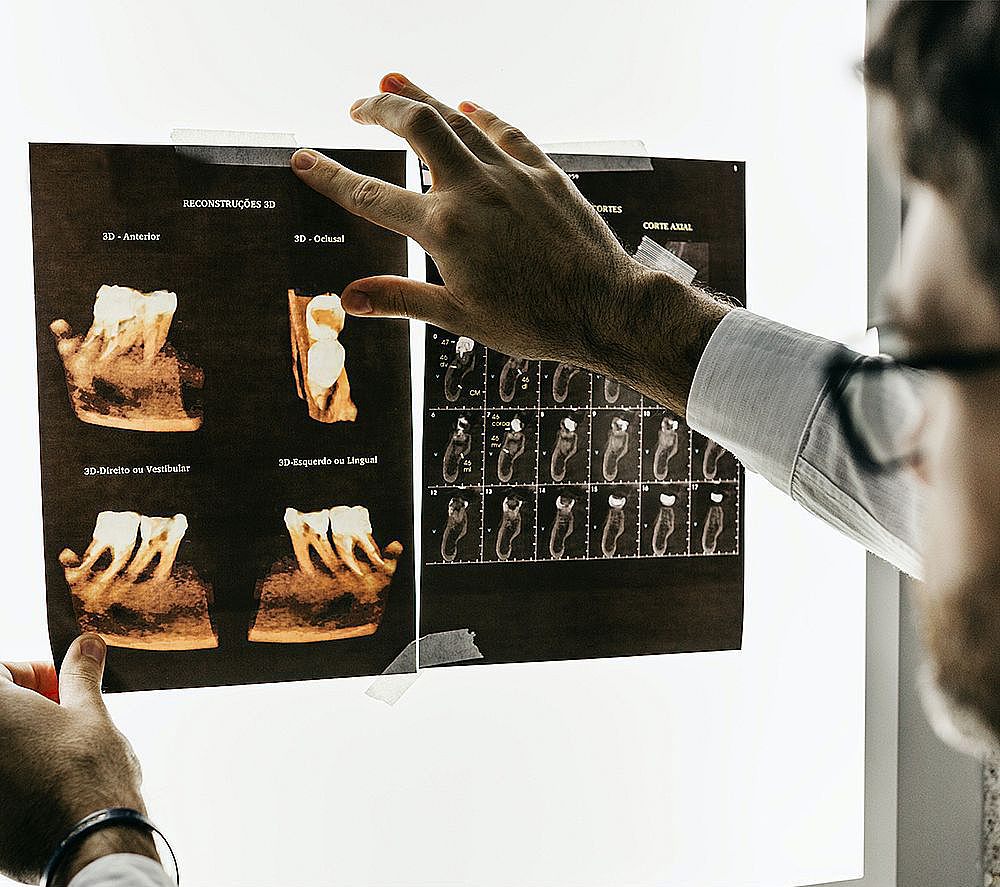Why medical care for refugees is often difficult

Providing adequate medical care for asylum seekers in Germany is complicated. Ethical, legal, and social hurdles complicate the process. Six reasons why treatment is often difficult.
Why medical care for refugees is often difficult
It is true that many doctors speak English or another European foreign language well. But only a few can converse in Arabic, Urdu or Swahili - languages that many of the refugees have as their native language. Trained translators are also scarce, which complicates communication and treatment. After all, a good patient consultation is the basis for successful therapy and the prerequisite for consent to treatment.
Even something as seemingly trivial as the perception of pain and the description of complaints are culture dependent. The analysis of the health problem must therefore take place considering the origin, religion, or cultural background of the refugees. However, doctors are often not trained for this.
In other cultures - which are less individualistic than those in the West - it is quite common for patients to seek the opinion of their family beforehand. Doctors must take this into account so as not to pressure refugees into making a hasty decision.
Many people with a migration background have a low socio-economic status. Often, housing or workplace conditions are not conducive to good health or are even damaging. A sense of exclusion from German society can also have a direct impact on the health of refugees.
In some cultures, certain diseases are seen as a stigma. In India, for example, a known tuberculosis disease leads to patients being socially ostracized. This fear of stigmatization prevents some migrants from taking advantage of services offered by the healthcare system.
For the first 15 months of their stay, asylum seekers must apply to an authority for permission to see a doctor. Studies show that this is a considerable hurdle. After people receive their health cards, the number of doctor visits increases. At the same time, the overall costs caused in the healthcare system decrease.
All information is taken from Steger, F.: Migration and Medicine
(2) p. 70, there source 30 (Farber Post et al.L Ethics, Cultrue (Note 3), p.350 and 355)
(3) p. 15, pp. 71-72, there source 40 (Gilbar, Miola: One Size Fits All? (Note1), pp. 377-378) and 41 (Gilbar, Miola: One Size Fits All? (Note1), pp. 377)
